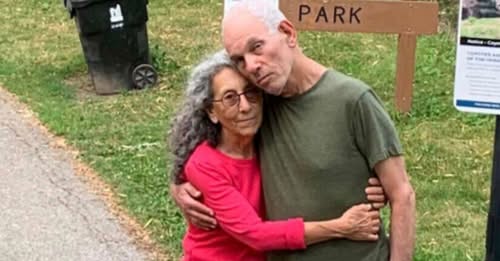Israel Recovers Bodies of Two Hostages Taken During Hamas’ October 7 Massacre, Deepening Grief and Resolve Amid Ongoing Gaza Conflict
In a somber and emotionally charged development, the Israel Defense Forces (IDF) confirmed that the bodies of two hostages abducted during the brutal Hamas-led attack on October 7, 2023, have been recovered. The victims, who were among the over 250 people taken hostage during the surprise assault, were found during a special military operation in the Gaza Strip, bringing a mix of heartbreak and closure to their grieving families.
The operation, carried out under tight secrecy by elite units of the IDF, came after weeks of intelligence gathering and complex maneuvering in the volatile terrain of Gaza, where Israeli forces remain deeply entrenched in combat against Hamas militants. The bodies were recovered in the city of Rafah, a southern Gaza stronghold that has become a central point of military focus in recent weeks. Officials have not disclosed all operational details, citing ongoing security concerns, but confirmed that the bodies were positively identified and transported back to Israel for proper burial.
The deceased hostages were identified as Israeli citizens who had been kidnapped from the Nova music festival near Re’im and nearby border communities during the October 7 onslaught — a day that has since become etched into Israeli memory as the deadliest single day in the country’s modern history. That morning, Hamas launched an unprecedented multi-pronged attack that killed approximately 1,200 people in Israel, including civilians, soldiers, and foreign nationals, and resulted in the abduction of men, women, children, and elderly into Gaza.
Israeli Prime Minister Benjamin Netanyahu expressed sorrow over the news, extending condolences to the families of the hostages and reaffirming his government’s commitment to securing the release of all remaining captives. “This painful discovery only strengthens our moral obligation to bring every last hostage home — whether alive or deceased,” Netanyahu said in a televised statement. “We will not rest until this chapter is closed.”
The recovery comes amid escalating international scrutiny and mounting domestic pressure over Israel’s ongoing military campaign in Gaza, which has now lasted for nearly eight months. The war, ignited by the October 7 massacre, has led to the deaths of more than 35,000 Palestinians, according to Gaza health authorities, with thousands more injured and displaced. Israel maintains that its military efforts are focused on dismantling Hamas’ militant infrastructure, eliminating its leadership, and recovering the hostages, who remain scattered and often hidden deep within the network of tunnels and urban strongholds across Gaza.
While Israel has managed to rescue a few hostages alive through military action and negotiated exchanges — often involving high-stakes mediation through countries like Egypt and Qatar — the majority of those taken remain unaccounted for. In recent months, the IDF has discovered the remains of other hostages during operations, a grim reminder of the perilous conditions under which they have been held.
The families of hostages have played an active and emotional role in Israeli society since the war began. Regular protests, vigils, and calls for government action have become common sights in Tel Aviv and Jerusalem. Upon the announcement of the latest recovery, crowds gathered in Rabin Square, where candles were lit in memory of the two hostages and prayers were said for the safe return of those still in captivity.
For many Israelis, this recovery is both a tragic confirmation and a rallying cry. It underscores the brutal reality of the hostages’ plight and fuels the country’s broader national narrative of resilience in the face of terrorism. Yet, it also brings renewed scrutiny of the cost and scope of Israel’s military operation in Gaza, as voices both at home and abroad debate the balance between military objectives and humanitarian consequences.
As the war grinds on with no definitive end in sight, the fate of the remaining hostages continues to shape Israel’s military and political calculus. With every body recovered — whether through negotiation or military force — the country mourns, but also resolves to push forward, driven by the belief that no Israeli should be left behind.
The two recovered hostages now return to their families in silence — victims of a war that began with a single day of horror, and whose echoes continue to reverberate across the region.

No Responses